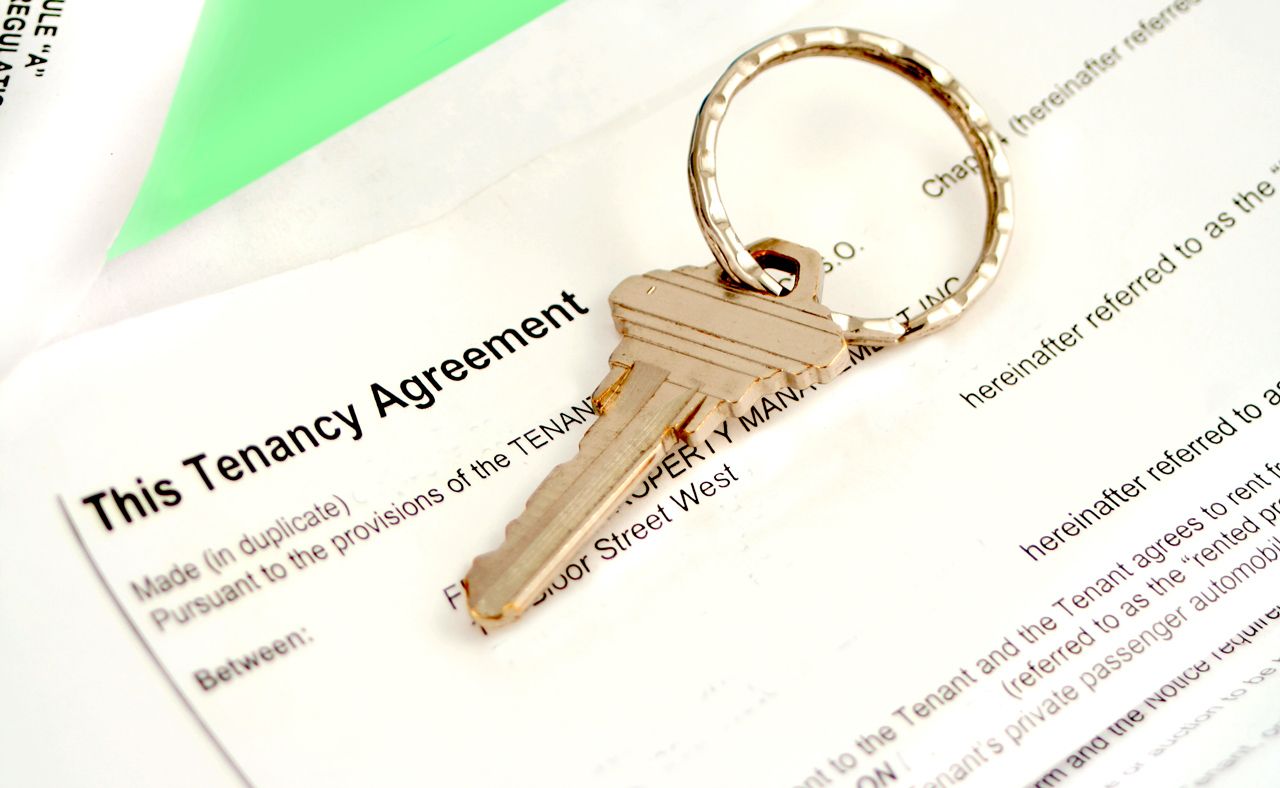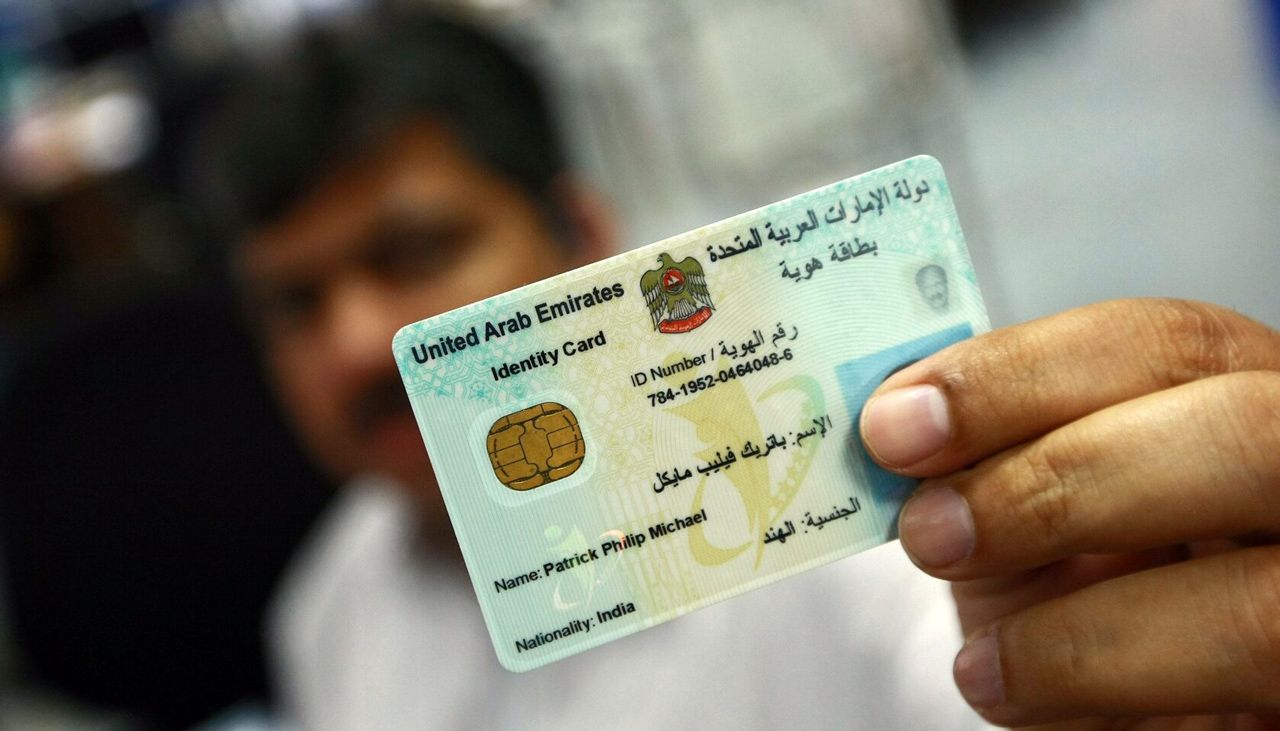Abu Dhabi Rental Property Guide


Hudayriyat Island - a new unique project in Abu Dhabi


Starting price
Payment Plan
Bloom Living Seville - a premium project by Bloom Properties


Payment Plan
Eagle Hills launches a new phase of the luxury project - Ramhan Island
Famed for its high living standards, Abu Dhabi is well-known for its wide array of residential options, ranging from compact studios to luxury palatial villas. The emirate also offers properties to rent at a lower cost than Dubai, which makes it an even more lucrative destination to reside in. To assist everyone who’s new to the UAE capital and is seeking accommodation, here is a helpful guide, consisting of a step by step process to rent a property in the emirate. We will take a look at key features of a tenancy contract in Abu Dhabi, the required documents, rights and obligations of tenants and lessors, and much more.
Abu Dhabi Rental Property Guide
The first thing you have to do is to check out listings for rental properties in Abu Dhabi. There is an abundance of real estate portals that you can visit and see what is available on the market right now. When doing this, do not forget to apply the different filters on the website, such as the number of rooms, property location, furnishings and more.
Of course, you can always hire a real estate agent to assist you and guide you through every step of the rental procedure. Our team at Metropolitan Capital Real Estate will gladly keep you abreast of the latest listings and suggest the best rental options for you. Our agency is also registered with Abu Dhabi Municipality, which means that we can help you negotiate the terms of your leasing agreement.
All viewings will be attended by our brokers, who will handle any maintenance concerns and arrange for repairs as well, if needed. When hiring a real estate agent, you will be steered away from unfavorable leases, as a professional can spot a non-trustworthy option instantly. An experienced real estate agent also knows how to negotiate contracts and obtain the best deal every time.
Interesting this article?
Subscribe to receive news
What is a Tenancy Contract in Abu Dhabi?
In Abu Dhabi, as with any other destination, a tenancy contract is an agreement concluded between the landlord and the tenant for the purpose of establishing the conditions of the lease period. That being said, the information mentioned in the contract includes the details of the parties involved, the rental price, any deposit retained by the lessor, the property address, the start and end date of the tenancy, as well as the obligations of the tenant and the landlord.
The authorities of Abu Dhabi have taken both the landlords’ and tenant’s rights into account to make sure that their interests are equally protected under the local tenancy law. In particular, Law No. 20 of 2006 came into effect to regulate issues such as eviction policies and rental prices. As a rule, the lease contract is concluded for a period of 1 year.
Tawtheeq
Lease contracts between tenants and landlords have to be registered by the respective authority in each emirate, as this enables the connection of the utility services in the leased property. As for the UAE capital, the Abu Dhabi Executive Council No. 4 of 2011 requires landlords to register properties and effective tenancy agreements with the Abu Dhabi Municipality (ADM).
The ADM uses a system named Tawtheeq to keep track of lease agreements and information related to the rented unit. For the tenancy contract to be accepted in the Tawtheeq registry, it has to be in English and Arabic or in Arabic only. It is also worth mentioning the Administrative Resolution No. 97 of 2012, which mandates the ADM to prepare a record of the lease agreement, which must include data regarding the rented property (be it commercial, industrial or residential), alongside tenant and landlord data.
NBD! Tenants can view the Tawtheeq document only after the landlord/property management company has finished registering it. In order to access the form, all tenants in the emirate are obliged to sign up for a Smart Hub account with Abu Dhabi DMT using the UAE Pass account data. As a prospective tenant, you always have to ask for the property registration certificate beforehand.

What are the Tenancy Laws in Abu Dhabi?
There are a range of laws in Abu Dhabi regarding rental housing, which aim to minimize any potential risks both for the tenant and the landlord.
- The Abu Dhabi Tenancy Law witnessed its first amendment back in 2010 with Abu Dhabi Law No. 4. It capped the annual rental price increase at 5%, which signified that lessors could face a lease increase of up to 5% when it came to the contract renewal. Later on, in 2012, the Abu Dhabi Executive Council established the law no. 32 which removed the cap and enabled landlords to raise real estate prices based on the market rates, providing a 2 months’ notice to tenants. At the same time, on 13th December 2016, the Abu Dhabi Council once again announced the 5% rental cap on the lease agreement with Resolution No. 14 of 2016. Lessors and tenants can agree on the rental cost and conclude an agreement. The landlord has the possibility of increasing the price annually in line with the price cap set by the resolution mentioned above. That being said, a 5% rental cap is valid for all leased properties in Abu Dhabi and the annual rent can be increased within this limit, with 2 months’ notice.
- Law No. 4 of 2010 allows lessors to evict tenants when their lease agreement expires and refuse the renewal of the tenancy agreement. In line with the Abu Dhabi Executive Council Law No. 32, the eviction can be done by giving the tenant a 60 day notice prior to the end of the lease period, whilst the reason does not have to be provided. In case the tenant no longer opts to renew the contract, they have to provide the same notice to the landlord 60 days before the end of the contract expiration.
NBD! Following the Abu Dhabi property law pertaining to tenancy, property management companies and lessors have to provide tenants with 2 months’ notice for any amendments to be included in the lease agreement. This applies not only to eviction and rent increases, but also to changes in other tenancy contract terms.

Occupancy in Abu Dhabi Rental Property
As per the Administrative Resolution No. 12 of 2012, there are certain guidelines for occupancy in Abu Dhabi. These are as follows:
- Occupants are not allowed to use corridors and halls in residential units as bedrooms.
- Landlords cannot split a residential unit to lease separately without special permission.
- The number of occupants is based on the total size of the apartment or villa, with the minimum area allocated to each occupant being 150 sq. ft.
- More than 1 family cannot share a single residential unit.
- A single room in the residential unit cannot house over 3 occupants living at the same time (excl. children and maids).
- Families occupying a single residential unit are not allowed to share with individuals not related to the family (excl. children and maids).
Please also note that in Abu Dhabi, the landlord has to first approve any modification to be made in the property, and any kind of private party is not allowed using any community facilities without the permission from the manager of the area/community.

What Details are Included in an Abu Dhabi Tenancy Contract?
The standard format of a tenancy agreement in Abu Dhabi should include:
- Names of tenants and landlords
- Rental property’s complete address, size, location and site number
- Duration of tenancy
- Acceptable payment methods
- Agreed rental amount and sum of security deposit
- Charges for late payments and grace period
- Liability of the parties in case of failure to fulfill the terms of the tenancy contract
- Repairs and maintenance policies
NBD! It is recommended to pay extra attention to the fine print in the agreement and double-check that all receipts are dated accurately, in addition to making sure that all meter readings are zeroed. It is recommended to hire a real estate agent, who will guide you through all the unknown rental terms and make any suggestions regarding better conditions.

Documents Required for a Tenancy Contract in Abu Dhabi and Respective Fees
The basic documents a prospective tenant has to provide for a lease agreement include:
- Copy of their passport
- Residence visa
- Emirates ID
- Cheques (number of cheques should correspond to the agreed payment method)
Once the lease contract has been registered, 5% of the annual rental value will be calculated and divided over 12 months. The monthly amount will be added to the water and electricity monthly bill. In addition, some brokers may require a commission fee, which can be up to 5% of the total amount of rent.
Residential Services
Upon registration of the contract via Tawtheeq, tenants can easily open a water and electricity account at the nearest branch of Abu Dhabi Distribution Company, with an insurance amount of AED 1K (USD 272). When using a real estate agency, residential services will be handled by the brokers from A to Z, saving you time and effort.
For installing a telephone line and internet services, you need to visit any of the Emirates service providers (Etisalat or du). Both providers have multiple branches throughout Abu Dhabi and in shopping centers.
Not forgetting a Mawaqif Residential Pass, which provides yearly residential permits, which enable residents to park their vehicles in the areas where they reside for a specific annual cost.

Right to Terminate the Lease
Under Article 23 of Abu Dhabi Law No 20 of 2006 concerning the Letting of Property and Regulation of the Letting Relationship between Lessors and Lessees, the landlord may request from the tenant to vacate the property for the following reasons:
- Failure to pay the rent within a period not exceeding 21 days from the due date for residential properties and 30 days from the due date for commercial, industrial or vocational properties.
- Illegal subletting of the property.
- Intentional damage to the property.
- Use of the premises in a way that is detrimental to health or constitutes a disturbance to public orders and manners.
- Violation of the tenancy contract conditions.
- Allowing more than the generally accepted level of occupancy.
- The lessor plans to occupy the property for their own purposes.
NBD! In the Abu Dhabi Global Market free zone, there are no regulations setting out the procedure for termination, which means the parties are free to act as they wish.

Rental Disputes
In case of disagreement regarding any of the terms of the contract/insurance deposit refund/ the conditions of the rented premises, the parties may approach the Rent Dispute Settlement Committee. As a rule, hearings take place in Arabic with an interpreter provided for those who don’t speak the language.
Stages of rental disputes in the UAE capital are as follows:
- Arbitration and Reconciliation Departments – Lessors and tenants assemble to resolve the dispute once one party files the complaint.
- Court of First Instance – The court will hear claims from both of the parties in the form of a memorandum.
- Court of Appeal – An appeal can be filed at this stage, after the Court of First Instance passes judgment within 15 days exclusively for claims exceeding AED 50K (USD 13.6K).
- Court of Cassation – Appeals valued at a minimum of AED 330K (USD 89.8K) can be filed within 30 days after the judgment is passed.
- Enforcement Department – The party with the beneficial judgment can pressure the other party to settle in accordance with a legal way.
As per the most recent amendment to the Abu Dhabi Tenancy Law on 20th November 2017, the decision of the Abu Dhabi Rent Dispute Settlement Committee (RDSC) is final and binding upon the parties involved.
Note! In the following article, you can check out the ongoing rental trends and the most popular neighbourhoods in Abu Dhabi in terms of both luxury and affordable property leases for H1 2022.
- Abu Dhabi Rental Property Guide
- What is a Tenancy Contract in Abu Dhabi?
- What are the Tenancy Laws in Abu Dhabi?
- Occupancy in Abu Dhabi Rental Property
- What Details are Included in an Abu Dhabi Tenancy Contract?
- Documents Required for a Tenancy Contract in Abu Dhabi and Respective Fees
- Residential Services
- Right to Terminate the Lease
- Rental Disputes






